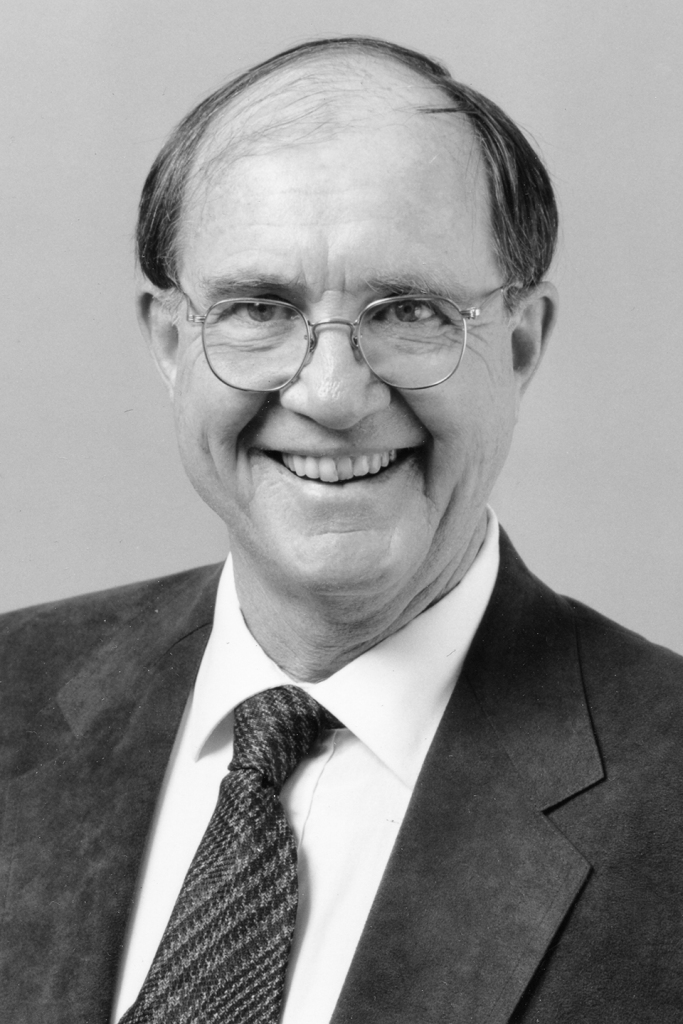Reform as Conserving What Is Good in Schooling (David Tyack)
David Tyack was professor of education and history in the Graduate School of Education at Stanford University between 1969-2000. He died in 2016. Author of scores of books and articles, his One Best System (1974) has become a classic history of urban schooling. He and Larry Cuban wrote Tinkering toward Utopia (1995). This commentary appeared in Education Week June 23, 1999.

At a time when a pandemic has upended daily life including the closing of nearly all schools since mid-March 2020, school reform talk has accelerated to hyper-drive for altering existing practices and upending traditional ways of schooling well beyond health and safety measures. I thought that Tyack’s points in this commentary made over two decades ago, might be useful to consider during this momentous crisis.
The word “conservationist” has an honorable ring when citizens struggle to preserve wild nature or fine old buildings. When people work to preserve what is good in education, however, they are often dismissed as traditionalists or stand-patters. When real estate developers propose paving over wetlands, environmental activists protest. But when educational innovators want to transform educational practice, few ask what might be lost in the process. Government requires environmental-impact statements for construction projects, but not student- and teacher-impact reports for educational reforms. Who will be there to defend endangered species of good schools, or good educational programs, from the relentless, if zig-zag, march of educational progress?
Believers in progress through educational reform often want to reinvent schooling. The dead hand of the past has created problems for rational planners to solve in the future. Inspired by the progress syndrome, innovators often exaggerate defects to motivate by alarm, try to wipe the educational slate clean, and then propose a short time frame for their favorite projects, hoping to see CONTINUE READING: Reform as Conserving What Is Good in Schooling (David Tyack) | Larry Cuban on School Reform and Classroom Practice

